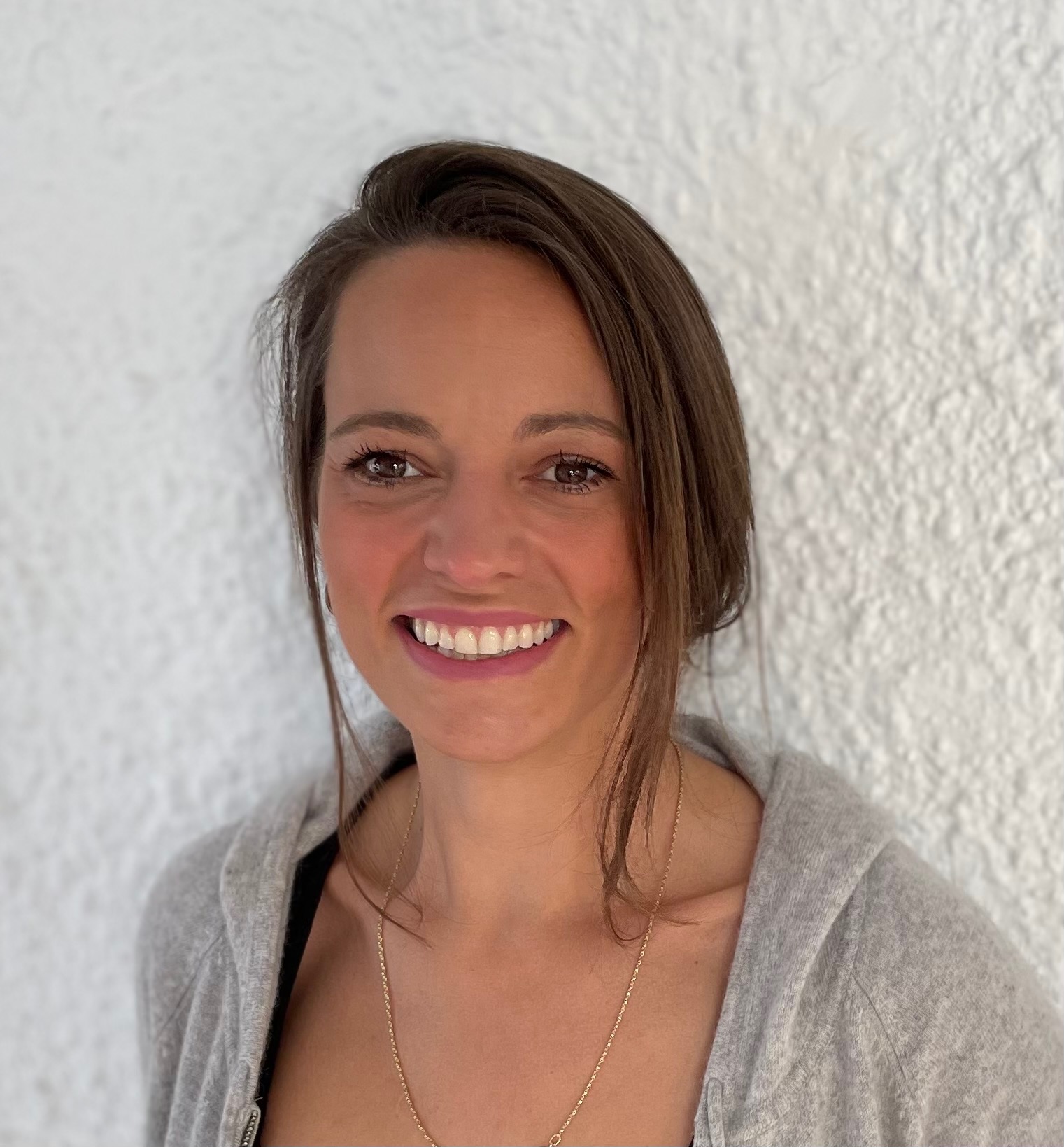
In this week’s blog, I caught up with Jessica Rogers, a business coach for entrepreneurs. Jess fascinates me, as, more so than ever in these difficult, and I hate to say it “unprecedented times”, many of us are needing support.
Jess is a leading business and executive coach here in the UK, who works with women leaders and entrepreneurs to create businesses full of joy, purpose, passion and pride. If you are running your own business, regardless of whether it is large or small, Jess offers her wisdom to us all in this brilliant interview.
Jess, please start by telling us a little about yourself?
I started in Marketing and worked in marketing for about 11 years. I worked with children’s books publishing, then kids TV, leading into children’s toys. This was all before I became a mum.
Almost 12 years ago I re-trained as a coach. I had my son, was debating the return to work. I had had some executive coaching as a ‘young leader’ of the company, and knowing something from my career was missing, I reached out to my old coach for some help. I knew I wanted to work, but I didn’t want to leave my baby all day Monday to Friday- and so I explored what else was out there for me. Phil, my old coach, recommended some coaching training, for personal development. He thought it may help me realise what I wanted to do. I started the training, fell in love with it, and that’s where it all started.
I began coaching women a lot like myself, who were returning to work after a career break. I got my first few clients from old colleagues and worked in coaching at my husbands’ company too. From there, I evolved over the years. I always work with women- because I feel that by providing women with that space for guidance can really help. I don’t want woman listening to society telling them how they ‘should’ be. There is a lot of noise out there, and so I work with clients and tap into what is true for them- to live in their own way, and work in a way that matters to them.
We get caught in stories of how we should be. I love providing that space to stop, and realise what we, as women, really want.
Tell us more about your coaching for younger women. How are you encouraging them to put their hand up?
I work with Oxford Brookes University, with young entrepreneurs and women who have business ideas. This programme, Bloom, came about because universities found a lack of women applying for funding, and a lack of women putting their hand up for help. Younger women don’t want to ‘rock the boat’- and as females there is almost something innately in us that stops us shouting loading than the males. Just this January, 38 women went through our programme, which covers confidence, networking, having your own brand- all the basics that women need in work! In February next year, Bloom Two, will continue.
I always ask the women I coach – ‘If you don’t do it, who else will?’. Women struggle with self-promotion and advocating what they’re good at. if you don’t advertise what you’re good at, how will anyone else know? I think it’s really important to be able to talk about what you bring to the party, and how you add value. It is important to recognise what values you add, and what difference you make. I always encourage others to keep a record of amazing things they’ve done, a ‘value bank’ to look back on and be proud of.
How can we raise confident girls who will become our next wave of entrepreneurs and leaders?
Speaking from experience, I teach my daughter it’s okay to fail. I think failing is a good thing in building confidence. My daughter likes to get everything right- but school encourage her that making mistakes is okay, because it shows you’re trying and learning. We need to engrain in younger children that failing is not a bad thing, to eradicate that fear of failure. Younger men I come across in my work seem to be confident that they can ‘wing it’ through life. Women on the other hand, come fully prepared with facts and research, and struggle to believe in their ability to ‘wing it’.
One of my main reasons for doing my work is to see clients find that ‘Ah ha!’ moment. It’s seeing clients realise that actually they had the answers all along. In the world we live in now, there is so much noise out there that you can get caught up in what others are doing. When you stop and realise that what you’re doing is the right thing to do, clients start seeing positive results. It’s important to focus on what you’re doing and fuel your own self-belief.
It can be hard to define the word ‘success’ as it means different things to different people. What is success?
One of the first things I ask it, ‘What does success look like to you?’ Success looks very different to different people. We can measure financial success, but even that varies depending on who you ask. Not everybody wants success in the same ways. For some, success may mean getting a 6-digit following on your business, whilst for others it may mean holding a job that allows you to do the school pickup and spend quality time with your family. Determining what success means to you will help you stay in your own lane, and not be swayed by what others are working for themselves. It is important to recognise what success means to you.
If someone is looking for business coaching Jess, how should they start?
I always start with an initial consultation. Even as a business coach, the coaching relationship will be very personal. There needs to be an element of vulnerability to help your client grow and learn. It is important to have a no obligation consultation, to assess if the relationship fits. Coaching is a two-way thing, and if both myself and the client are happy, we work on from there.
I work on a 6-month basis, allowing myself to be my clients ‘though partner’ in that time. We have sessions every other week but keep in touch between sessions to keep perspectives going, to celebrate and commiserate. My role is to be there all the time really. Many clients will choose to continue after their first 6 months and sign themselves up for another. It’s slightly different for everybody!
How do you think the COVID-19 crisis has influenced the work life balance?
I tell my clients the key thing is to set boundaries. Many executive clients were shell shocked at the transition to working from home and struggled to know when work starts and when work ends. Many people, when working from home, struggle to take days off. It is so important to give yourself headspace, and keep that communication open, but sticking to your availability and un-availability. Be disciplined with yourself in taking breaks and sticking to working hours. Its so important!
Thank you Jess for this insightful interview.
Find out more from Jess at https://www.jessicavrogers.co.uk/




Leave A Comment